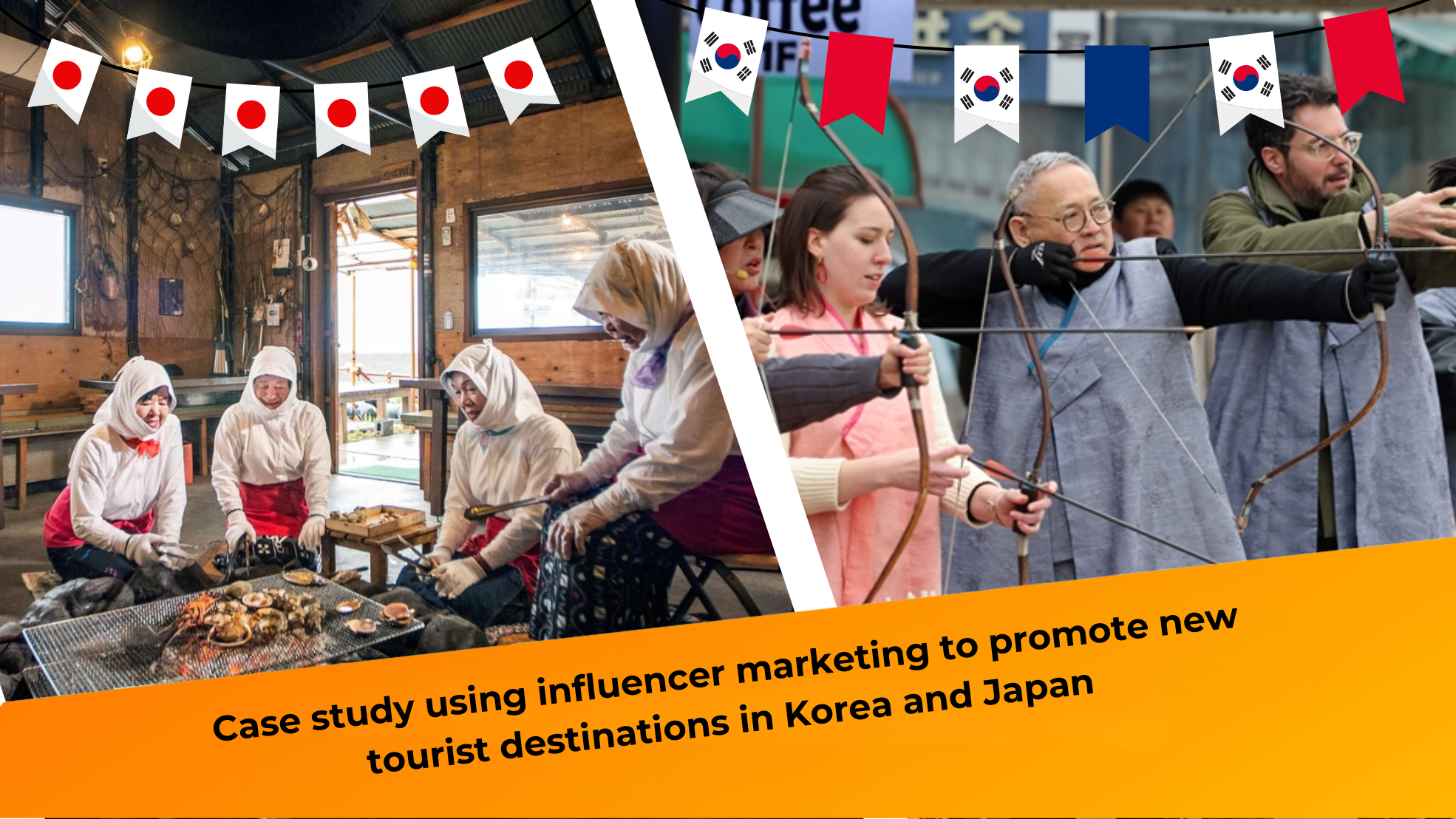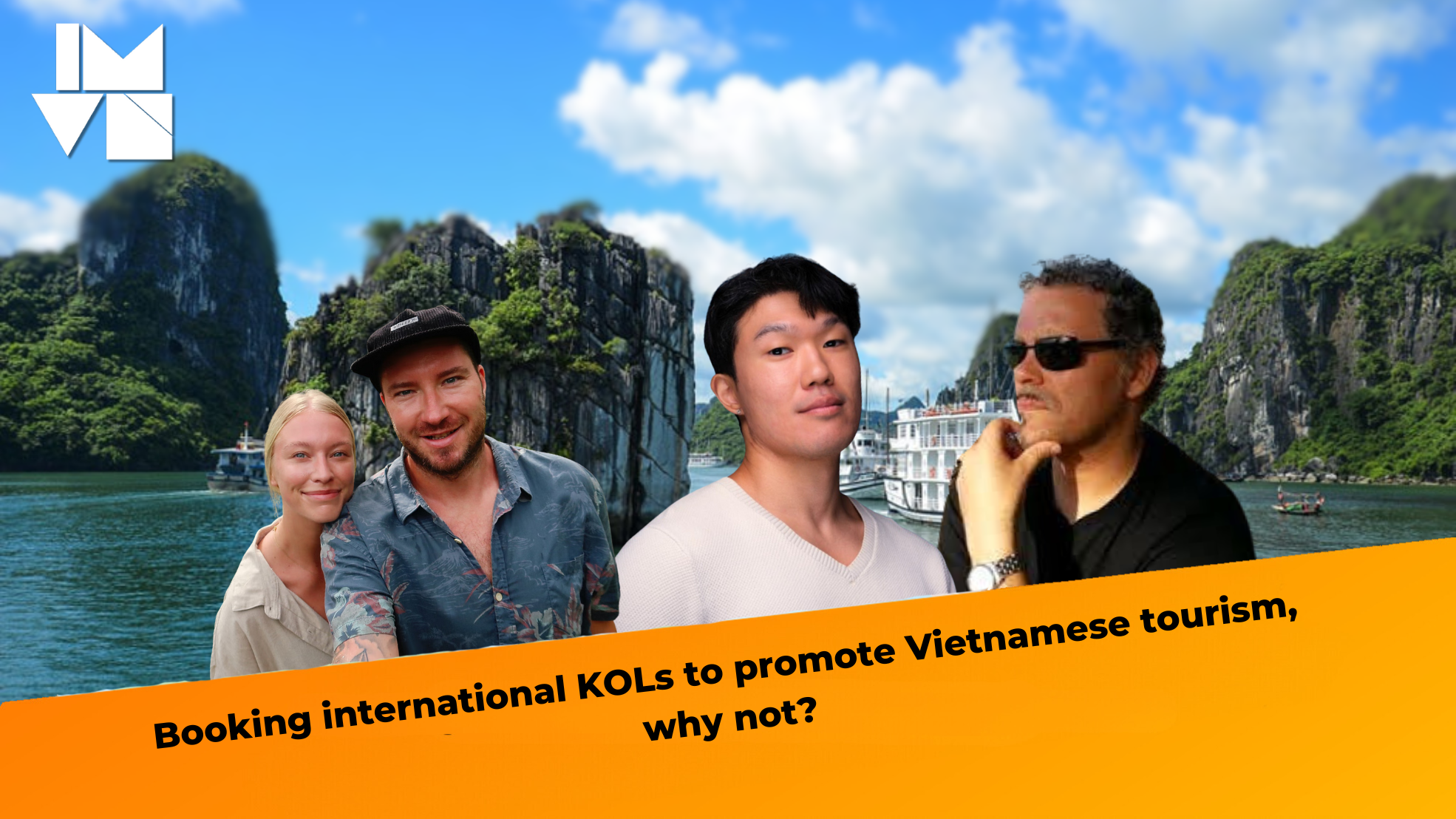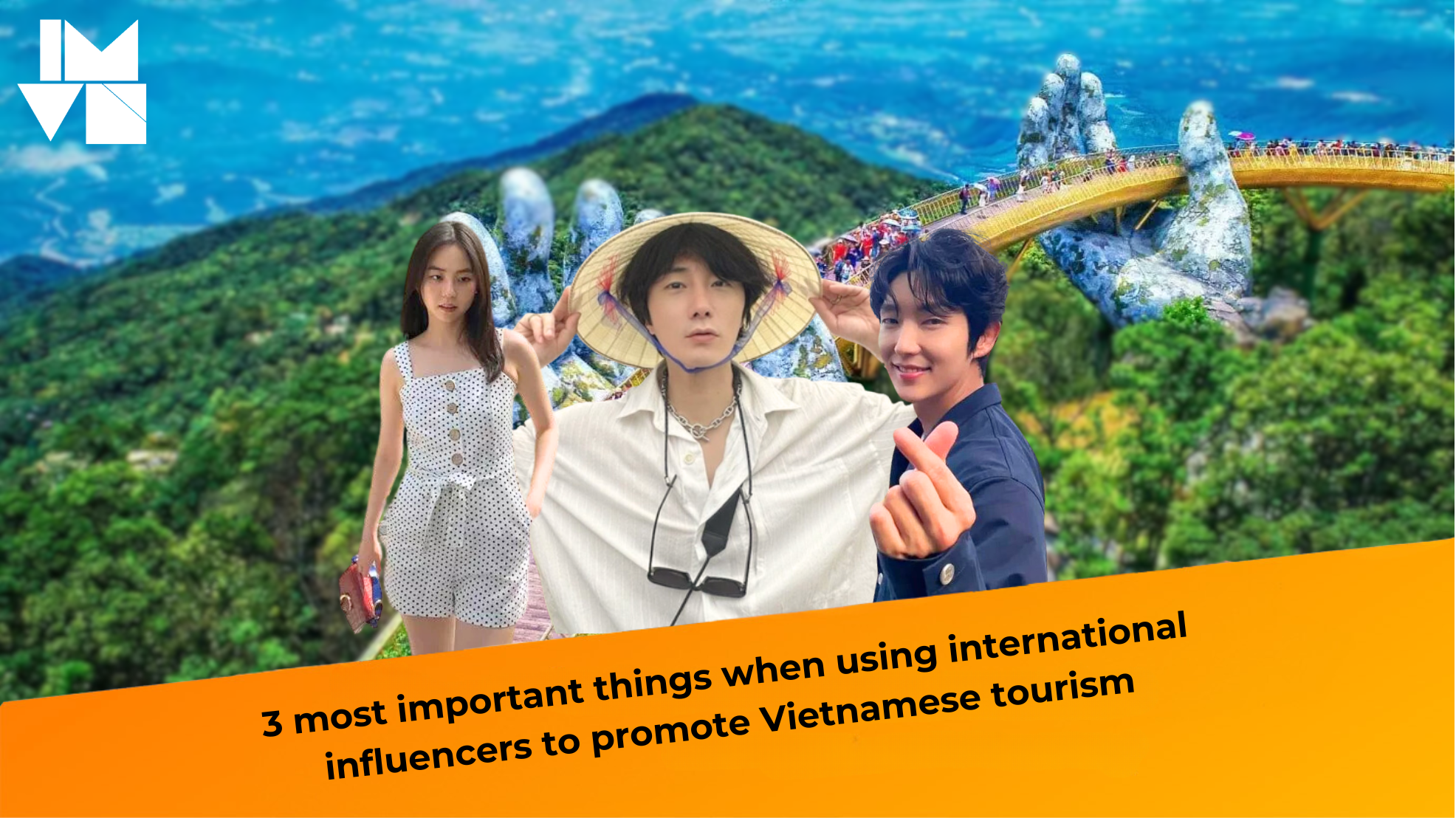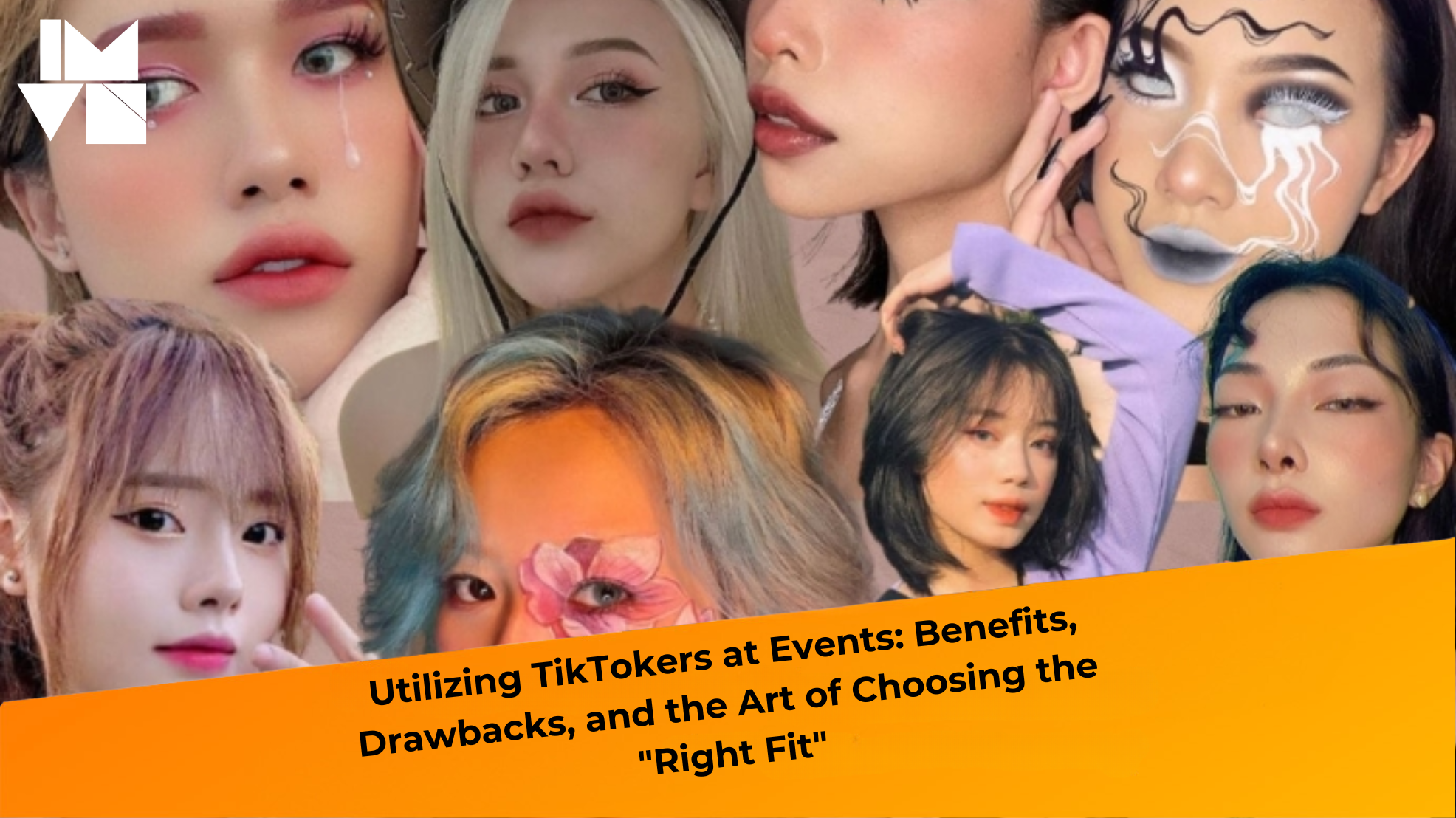When organizing an event, the common thought is to invite famous faces if the budget allows, hoping to attract attention. However, many event marketers plan KOL collaborations without clear strategies or objectives.
A successful KOL event collaboration hinges on clearly defining the KOL’s role. Here are three common KOL roles at events:
1. KOL as the Key Hook
These are celebrities whose presence attracts media attention, serving as the event’s key hook. Their activities are further amplified through mass media channels, enhancing brand visibility.
This approach requires alignment between the KOL’s image and the brand’s identity for consistent messaging. A bold, masculine, action-oriented brand wouldn’t suit a KOL known for a refined, gentlemanly image.
The risk here is that an overly prominent KOL might overshadow a less remarkable event or product. Imagine a KOL attending your product launch, but the media focuses on their personal life instead.
While a substantial budget might allow you to engage top-tier KOLs, it doesn’t guarantee a worthwhile investment. Balance the KOL’s appeal with the brand’s reputation. KOLs should enhance the event, not overshadow it. The event itself must be unique and engaging.
2. KOL as a Social Media Content Distribution Channel
Today, event success is measured not only by attendance and positive feedback but also by its online presence, particularly on social media.
Event organizers are increasingly targeting popular social media KOLs to distribute event-related content. Here, audience alignment takes precedence over image alignment. A feminine, gentle hot girl might not seem like an obvious fit for an action movie, but her predominantly male fan base might be the target audience.
When selecting KOLs for content distribution, prioritize engagement metrics over follower count. Consider relevant social media indicators like audience demographics, content type effectiveness (images, videos, live streams), and engagement quality.
Social media is data-driven. Avoid choosing KOLs based solely on gut feelings. Let social media metrics guide your selection.
Remember that KOL influence is primarily online, not offline. Many KOLs were once ordinary individuals who rose to online fame. They might lack the stage presence and media interaction skills needed to elevate your event.
Don’t expect a KOL with millions of Facebook followers to single-handedly boost your event. Their fans are likely scattered across the country, not concentrated at your event.
3. KOL as a Community Activator
For community-focused events, like specialized industry events or local gatherings, KOLs serve to attract attendees and generate community interest.
Mass KOLs are ineffective here. The challenge lies in identifying true community leaders.
Consider this Samsung case study:
Samsung sponsored the renovation and development of digital libraries in Hanoi, Ho Chi Minh City, and Da Nang. For the Da Nang launch, Samsung organized workshops on career guidance and soft skills for students, aiming to attract young people to the library.
They chose a nationally recognized KOL who aligned with Samsung’s image and could connect with Da Nang’s youth. However, promoting the event on the KOL’s page failed to capture local attention, with less than 10% engagement from Da Nang residents.
The solution was to leverage local online communities and news outlets. Inviting micro-influencers popular among Da Nang students resulted in nearly 100% local engagement.
The result? Hundreds of students registered for the workshop, surpassing the previous two in Hanoi and Ho Chi Minh City.
For such events, key opinion leaders are crucial for establishing community relevance and credibility. Identify KOLs who resonate within your target community.
Clearly Defined Objectives for Effective KOL Selection
Integrating influencer marketing into events is more complex than simply inviting celebrities. It requires blending online and offline channels seamlessly.
As an event marketer, define clear objectives for KOL collaboration from the outset. This clarity guides your influencer marketing strategy, enabling you to set appropriate KPIs and achieve desired outcomes.





